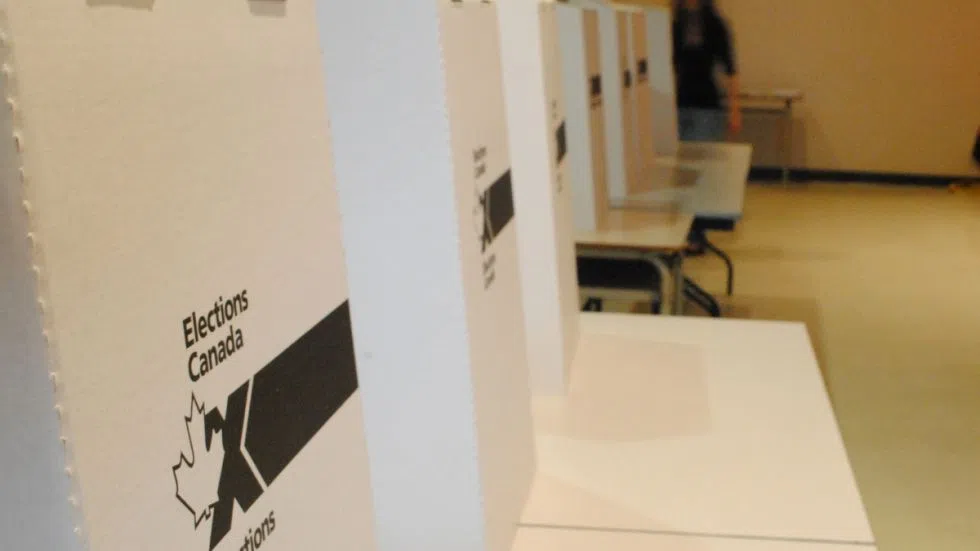
Mayors welcome new election dates, worry of volunteer fatigue
After initial talks of possibly pushing the next municipal election back to 2021 to avoid just a five-day turnaround following the provincial vote, the province has settled on a solution.
A two-week gap will now bridge both dates, with the provincial election tweaked to Oct. 26, 2020, and municipal and school board votes on Nov. 9, 2020.
A further update to the legislation will see that following 2020, on a four-year schedule, future provincial elections will be held the last Monday in October and municipal elections will occur on the second Wednesday in November, unless the date falls on Remembrance Day.
The predicament was identified in a report published in May 2017 by the provinces’ chief electoral officer. At that time, Dr. Micheal Boda recommended pushing the provincial election date to April 2021 to avoid voter confusion and administration headaches. In August, the government confirmed they were consulting with stakeholders across the province on the possibility of revising the dates, but after “consulting extensively with both rural and urban municipalities,” the province said it was clear they wanted to keep the election in the fall of 2020.


